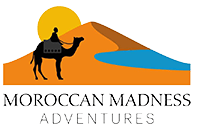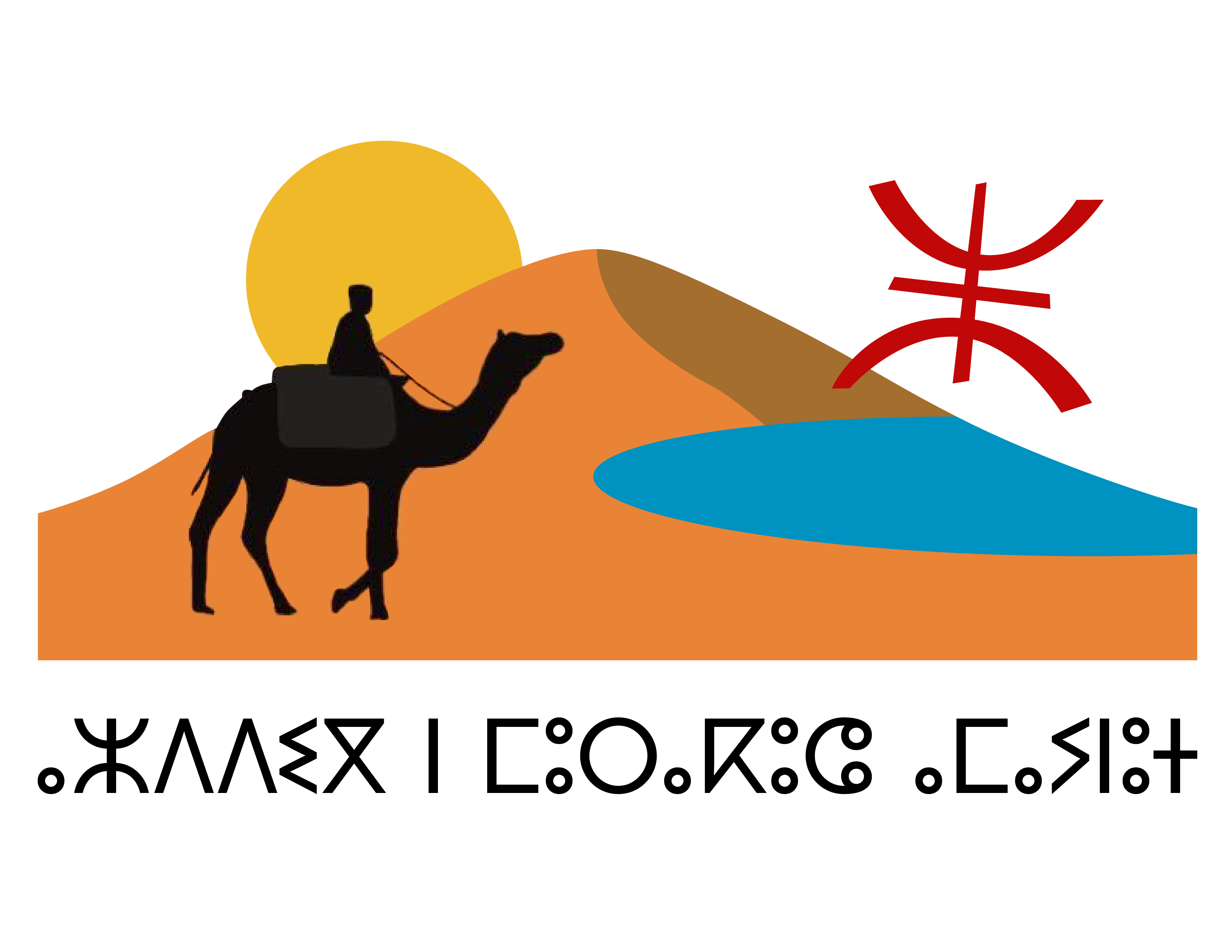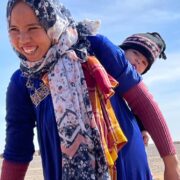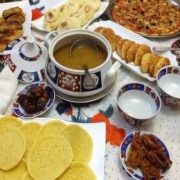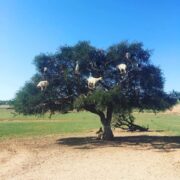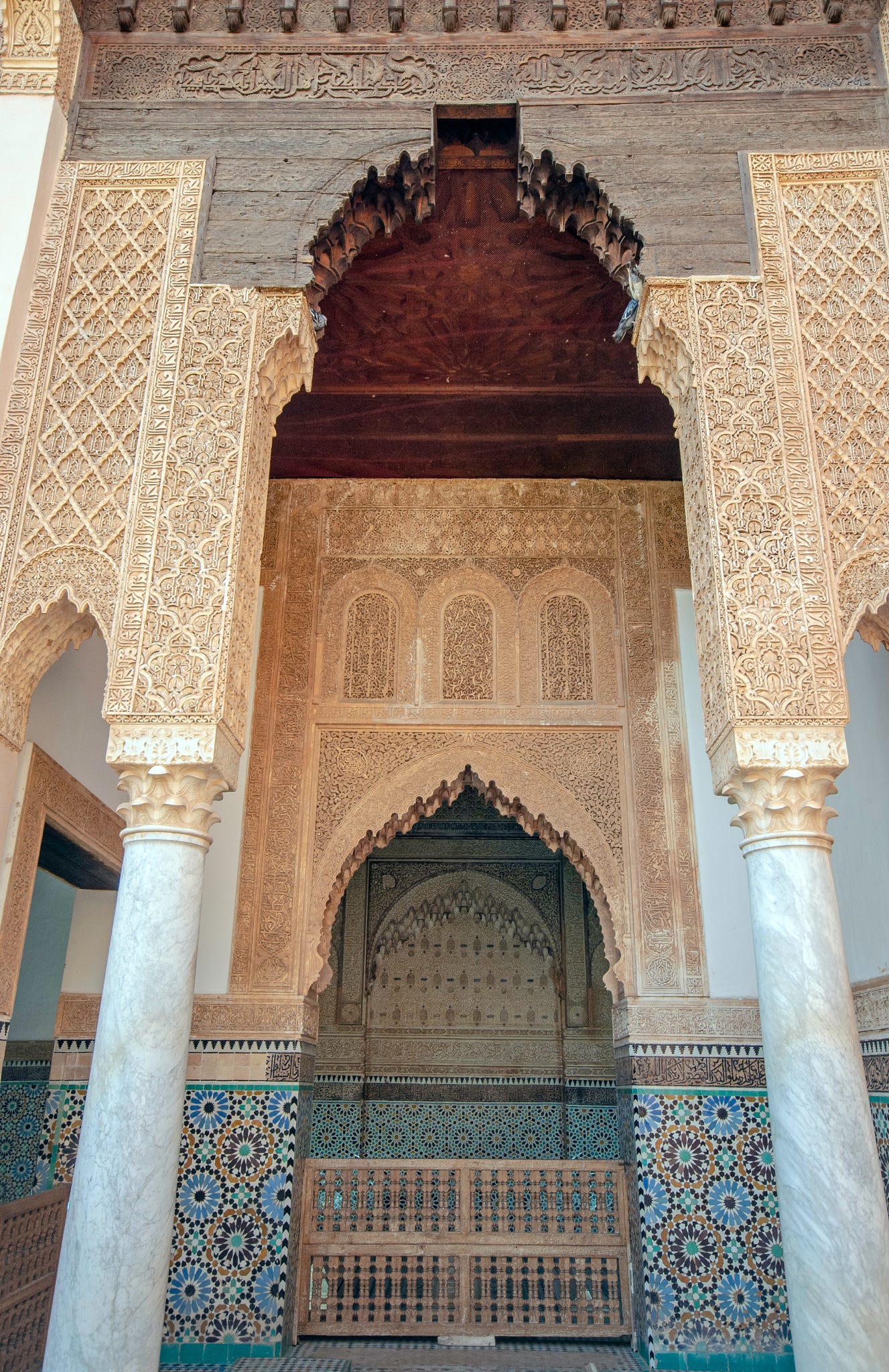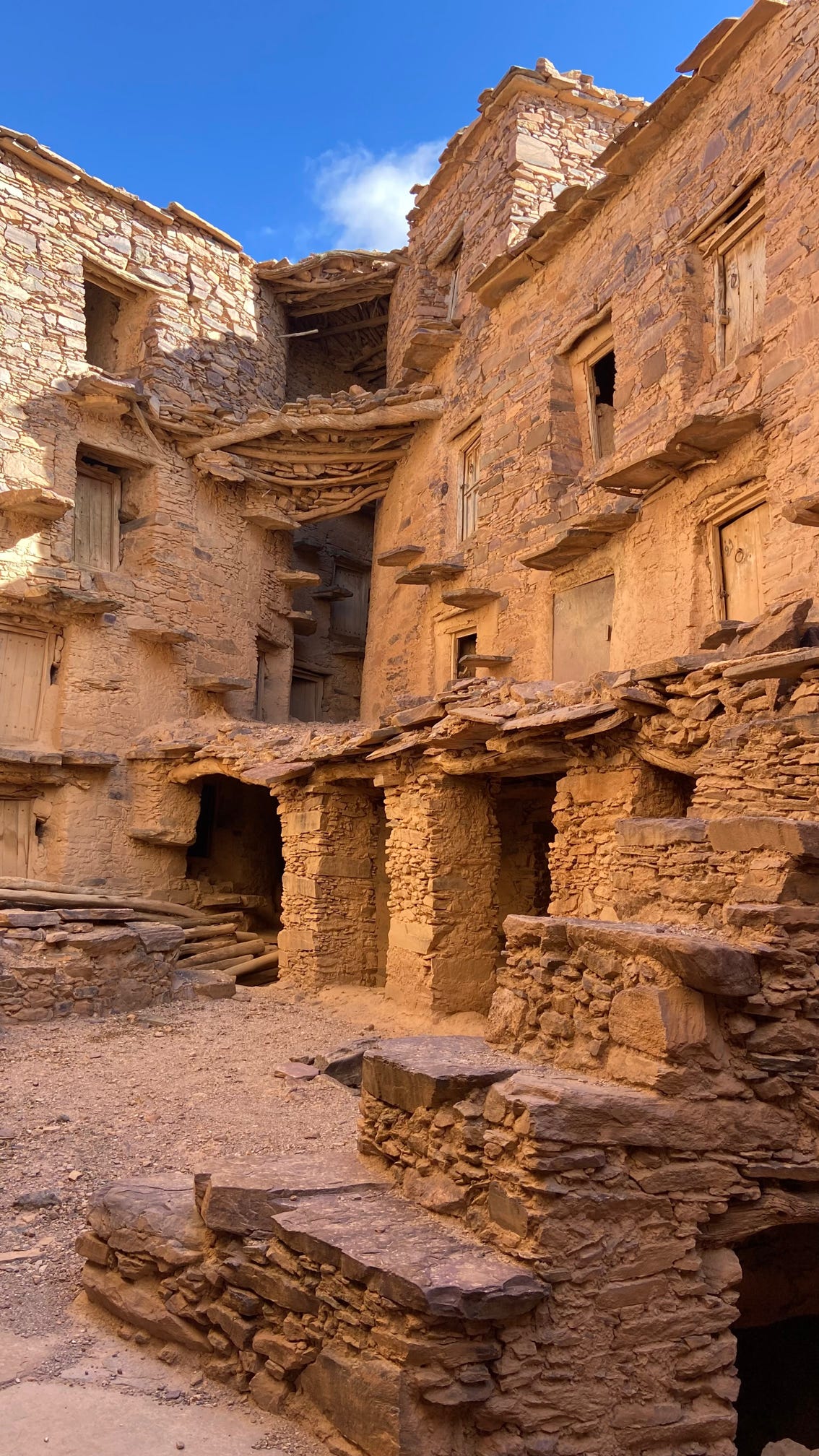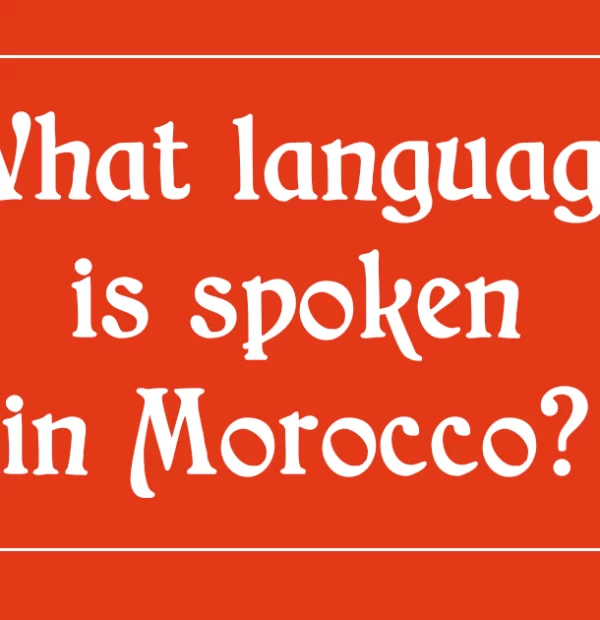
Discover the Rich and Diverse Language in Morocco 2025
What You Need to Know Before You Go Language in Morocco
Language in Morocco 2023/2024 reflects the country’s cultural diversity and historical influences. Arabic is the official language, used in government, education, and media. Darija, a Moroccan Arabic dialect, is the most widely spoken language among the local population, serving as the day-to-day means of communication.
However, due to Morocco’s colonial past, French remains widely used in business, education, and diplomatic circles. Additionally, English is gaining popularity as a second language, especially among the younger generation and those in the tourism industry.
In regions with Berber communities, Tamazight (Berber) is also spoken and recognized as an official language since 2011. This linguistic tapestry underscores Morocco’s diverse heritage and showcases the country’s openness to embracing multiple languages in its social fabric.
Language in Morocco: What You Need to Know Before You Go
Morocco is a beautiful country with a rich cultural history, and understanding its language landscape can make your trip even more enriching. Whether you’re planning a quick getaway to Marrakech, an adventure in the Sahara, or a cultural deep dive in Fes, knowing a little bit about the languages spoken in Morocco can help you navigate the country with ease. Here’s a guide to the languages in Morocco and how they shape the experience for travelers.
Arabic: The Official Language
The official language of Morocco is Arabic, specifically Modern Standard Arabic, which is used for formal communications, government documents, and education. However, most people in Morocco speak Darija, which is a local dialect of Arabic, with influences from French, Spanish, and Berber. Darija is the primary language used in everyday conversation, and you’ll hear it spoken in markets, cafes, and among locals.
As a traveler, you might find it helpful to learn a few basic Darija phrases. For example, “Salam Alaykum” (Peace be upon you) is a common greeting, and “Shukran” (Thank you) is a phrase you’ll use often. While many Moroccans in tourist areas will understand some English or French, speaking even a little Darija can go a long way in building rapport and showing respect for the local culture.
Berber: The Ancient Language
Morocco is home to a large Berber-speaking population, particularly in the mountains and rural areas. The Berber language, known locally as Tamazight, is one of the oldest languages in the world. It has several different dialects, but the two main ones in Morocco are Tashelhit (spoken in the southern regions) and Tarifit (spoken in the Rif Mountains in the north).
While not everyone in Morocco speaks Berber, it’s an important part of the country’s identity. In fact, Tamazight was recognized as an official language of Morocco in 2011, alongside Arabic. If you’re traveling to more remote areas, such as the High Atlas Mountains or the Sahara Desert, you might encounter Berber speakers. Although Tamazight is less commonly spoken in cities, it’s still a part of the country’s cultural fabric.
French: The Language of Business and Education
French plays a major role in Morocco’s daily life. While not an official language, it is widely used in business, education, and government. It’s also the language of many media outlets, such as newspapers and television programs. Many Moroccans are fluent in French, especially in cities like Casablanca, Marrakech, and Rabat.
As a traveler, you’ll find that knowing some basic French can be incredibly helpful, especially in more urban areas and when navigating business interactions. Phrases like “Bonjour” (Hello), “Merci” (Thank you), and “Parlez-vous anglais?” (Do you speak English?) will make your stay more enjoyable and convenient.
English: Growing in Popularity
Although English is not as widely spoken as French or Arabic, it is becoming more popular, particularly in tourist areas and among younger generations. Many people working in hotels, restaurants, and shops in cities and tourist hotspots understand English to some degree.
You may also find English widely spoken in the tourism and hospitality industries, especially in larger cities like Marrakech and Casablanca.
If you’re heading to more rural areas or off-the-beaten-path destinations, you might encounter fewer English speakers, so having a few words of Arabic or French will certainly come in handy.
Tips for Travelers: Navigating Language Barriers
- Learn Key Phrases: A few words in Arabic or French will go a long way, even if you don’t speak them fluently. Moroccans are often appreciative when visitors try to speak their language.
- Use Gestures: Body language can be a helpful tool. If you’re unsure about something, don’t hesitate to use gestures or show something on your phone to communicate.
- Download Language Apps: Consider downloading language apps like Google Translate or Duolingo to help with translation and communication while you’re on the go.
- Be Patient and Respectful: Language barriers can be a part of the experience. Moroccans are known for their hospitality, so if there’s a misunderstanding, a smile and patience will help smooth things over.
Language and Culture: Connecting with Locals
Moroccan culture is deeply intertwined with language, and by learning a bit about the language landscape, you’ll gain a greater understanding of the country.
Speaking a few words of Darija or French can help you connect with locals on a personal level, whether you’re bargaining in the souks, sharing a cup of tea, or exploring the country’s rich history and architecture.
Arabic, Berber, and French are the primary languages spoken in Morocco, the key to making the most of your trip is embracing the country’s multilingual nature.
Whether you speak a few words of Darija, try your hand at French, or simply rely on English, the warmth and hospitality of the Moroccan people will make your journey unforgettable. Happy travels!
Table of Contents
contents
